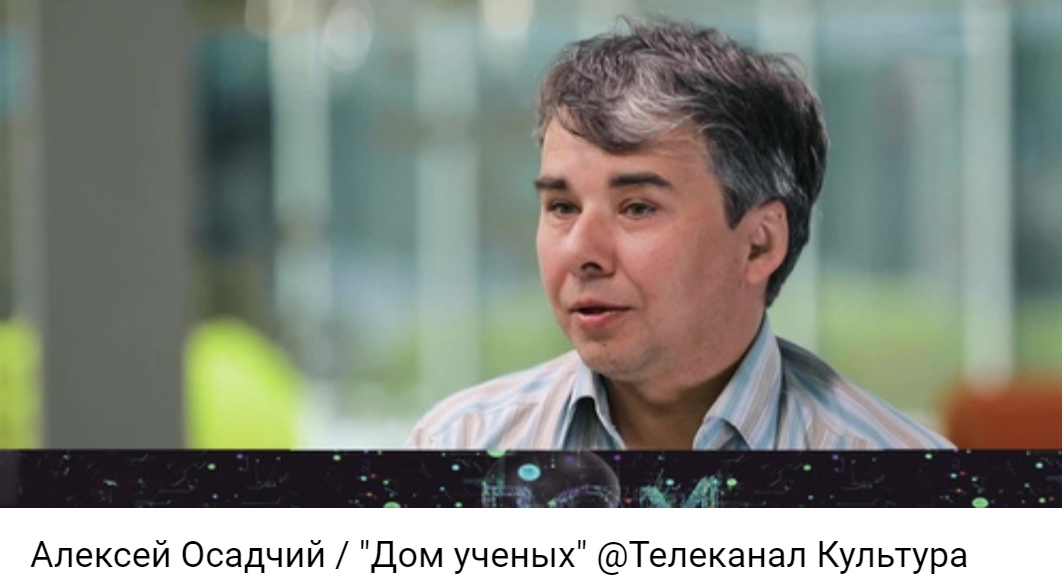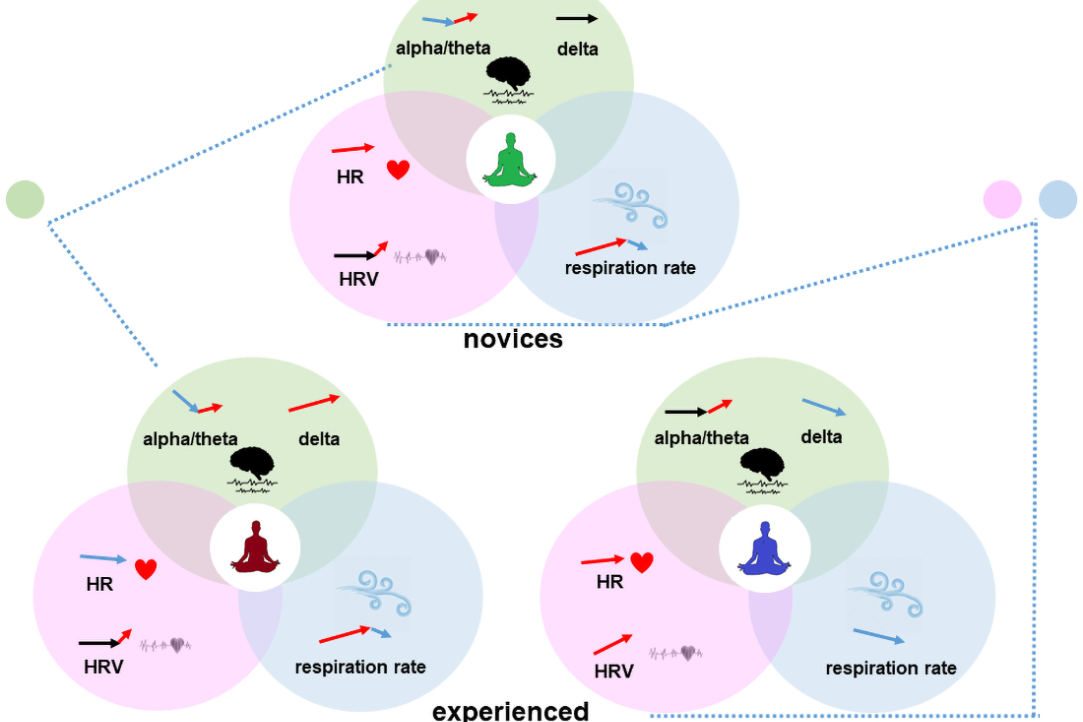
The Kultura channel released a film about Alexey Ossadtchi, director of the Center for Bioelectrical Interfaces
Alexey Ossadtchi told about team's success and what results scientists expect in the near future.

Researchers from the Higher School of Economics found out that meditation affects people differently
A group of scientists from the Center for Bioelectrical Interfaces at the National Research University Higher School of Economics studied the activity of the brain and other body systems during meditation. In the course of the study, it was shown for the first time that by performing the same instructions, some people relax, while others concentrate. The study was published in the journal PlosOne.
Alexei Ossadtchi gave an interview to "UHNWI data"
Alexei Ossadtchi spoke about the current research of the centre, technologies of brain-computer interfaces and detection of epileptic spikes.
Congratulations to Alexander Kovalev on winning the "Umnik" competition!
Alexander Kovalev's project "Development of an Algorithm for Predicting a Subcortical BOLD Signal with Simultaneous EEG Recording Using Deep Learning Methods" won the competition for grants under the "Umnik" program. Congratulations!
Daria Kleeva won a grant from the "Idea" Research Center! Congratulations!
The research by Daria Kleeva, an employee of the Center and a student of the master's program "Cognitive Sciences and Technologies: From Neuron to Cognition", dedicated to the development of methods for mapping functional networks of the brain and carried out under the supervision of Alexei Ossadtchi, was supported by the "Idea" Science Foundation.
Alexey Ossadchi will hold an online seminar on "Imaging networks as sources: PSIICOS and beyond"
15th of March at 6 pm (Msk) Alexey Ossadtchi will hold an online seminar on "Imaging networks as sources: PSIICOS and beyond"
Congratulations to Gurgen Sogoyan on winning a studentship from M. Potanin fund!
We congratulate our colleague Gurgen Sogoyan on winning a studentship from the M. Potanin Fund for exceptional master students!
Yulia Nurislamova has been accepted to the doctoral program at the Max Planck School of Cognition!
Yulia Nurislamova, our junior research fellow and student of "Cognitive Sciences and Technologies: From Neuron to Cognition" master program, has been accepted to the doctoral program at the "Max Planck School" of Cognition in Germany. Congratulations!
Research paper "Decoding and interpreting cortical signals with a compact convolutional neural network" has been accepted for publication!
Paper by Artur Petrosyan, Mikhail Sinkin, Mikhail Lebedev and Alexei Ossadtchi "Decoding and interpreting cortical signals with a compact convolutional neural network" is going to be published in "Journal of Neural Engineering". Congratulations!
Research paper "Modified covariance beamformer for solving MEG inverse problem in the environment with correlated sources" has been accepted for publication!
Paper by Aleksandra Kuznetsova, Yulia Nurislamova and Alexei Ossadtchi "Modified covariance beamformer for solving MEG inverse problem in the environment with correlated sources" is going to be published in "NeuroImage". Congratulations!


